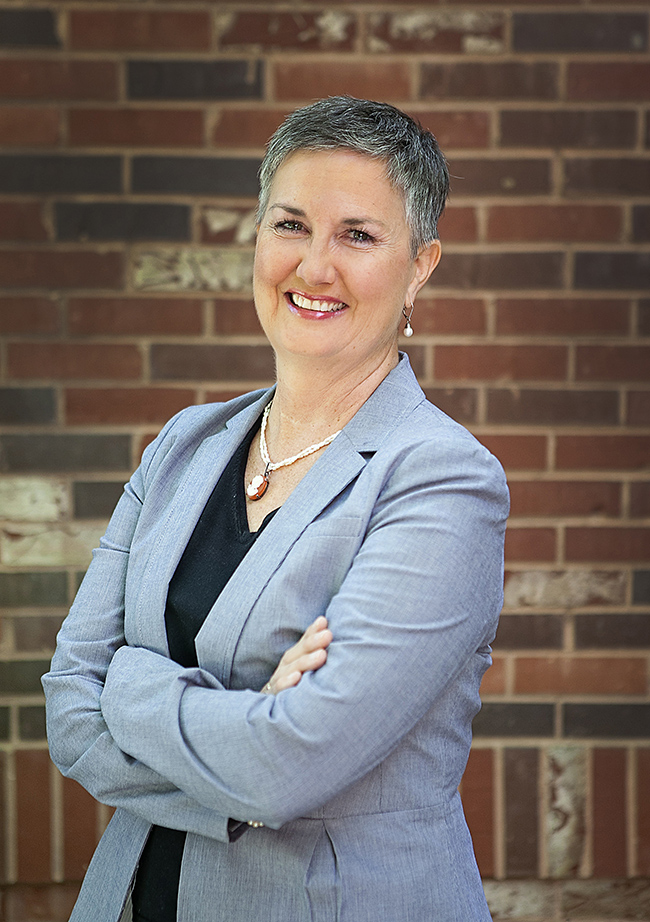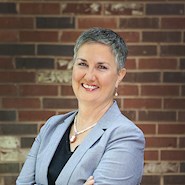
By Marsia Geldert-Murphey, P.E., F.ASCE
As civil engineers, we play a unique role in our communities. We are the profession entrusted with building a better world. Most of the work we do is for the betterment of our communities’ health, safety, and welfare. But we can make an even bigger difference. We can take this mission one step further beyond our work by volunteering and giving back to the communities we serve.
I have been a volunteer for The Women’s Safe House in St. Louis for over 15 years. And through that involvement, I’ve worked with many of the community leaders with whom I have also done business. Since we knew each other from our volunteer activities, we were able to work together more effectively because there was a level of trust already established. Diversifying your types of community connections increases the trust in and value of our profession.

There are countless opportunities for civil engineers to make these connections and contributions. We help our communities by building affordable housing or managing a playground project, where our technical skills and dedication to vibrant community planning are essential.
But we also give back in ways the public may not be aware of, like dedicating thousands of volunteer hours to developing the codes, standards, and manuals of practice that support the design of safe infrastructure. These very systems are protecting people’s safety and welfare around the world. And these efforts are fully supported by the Society.
ASCE offers many volunteer opportunities, some of which have had a profound impact on me. With the help of the ASCE Government Relations team, our members can advocate for the profession to shape public policy.
I was part of the team that prepared the 2013 Report Card for Missouri’s Infrastructure, the state’s first. That volunteer work evolved into a more active role in advocacy at the federal level, and this gave me a better understanding of the legislative landscape and how policymakers need trusted advisers to consult while developing infrastructure policies and laws that support our communities.
Apart from advocacy work, members can volunteer in many other ways. The Community Engineering Corps allows us to collaborate with Engineers Without Borders USA and the American Water Works Association to supply critically needed services to communities that otherwise would not have the resources to manage on their own.
The success of our report cards, codes, standards, and manuals of practice would not be possible without the commitment of our thousands of member volunteers. This ardent dedication to community volunteering exemplifies a profound commitment to social responsibility and a desire for active community engagement.
It additionally aids civil engineers in comprehending the varied needs, experiences, challenges, and perspectives within our communities. This diverse understanding can be used to improve the projects civil engineers design and make those designs more adaptable and resilient.
ASCE truly is a global civil engineering community. We have many volunteers representing the Society around the world. This is true for members involved in leadership positions and institutes as well as our younger member groups and student chapters. At every echelon, our members are positively transforming our communities, the civil engineering profession, and ASCE!
Marsia Geldert-Murphey, P.E., F.ASCE, is a regional director for Lochmueller Group. She is the 2023-24 ASCE president.
This article first appeared in the March/April 2024 print issue of Civil Engineering as “Serving Our Communities and the World.”



